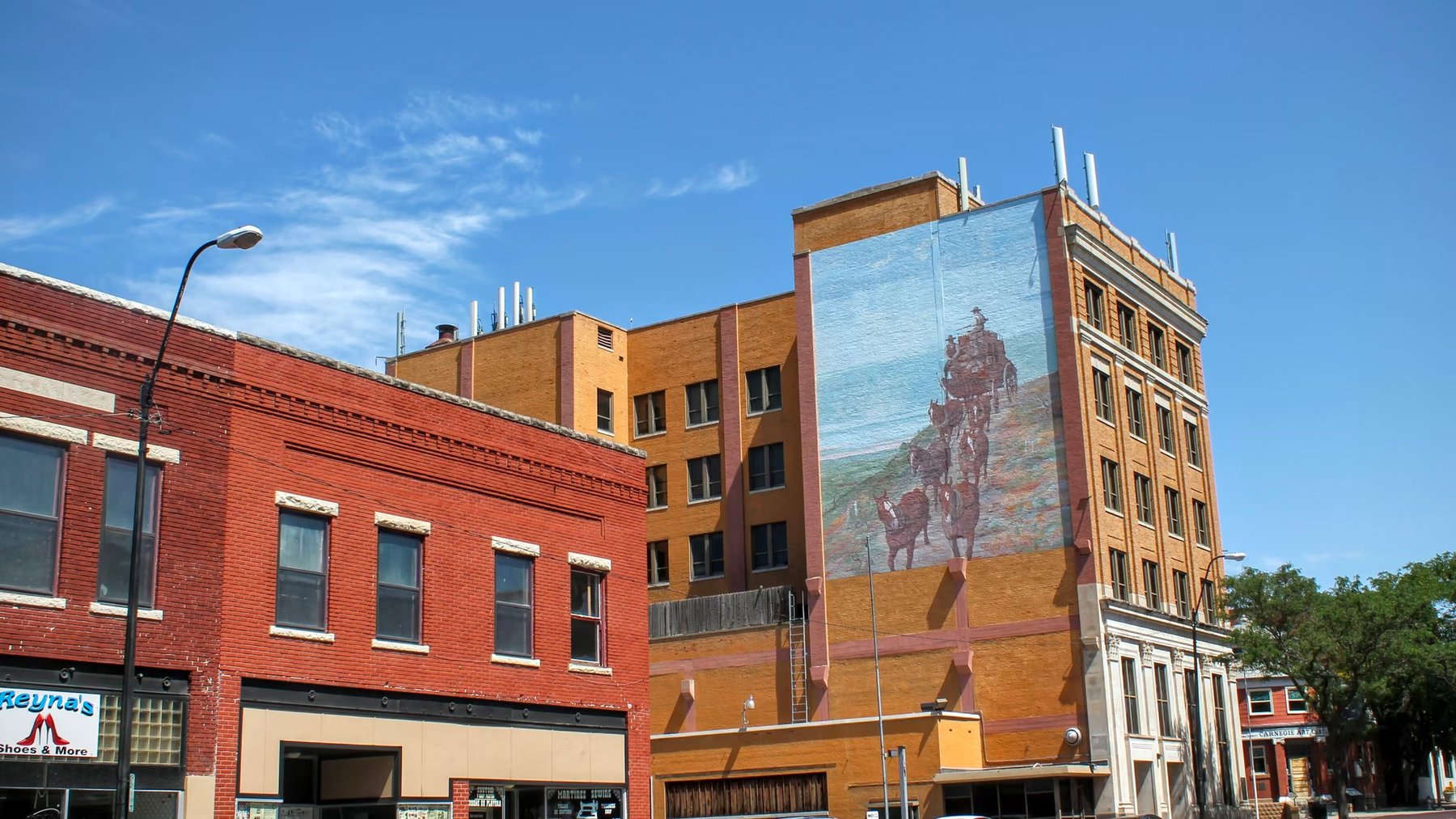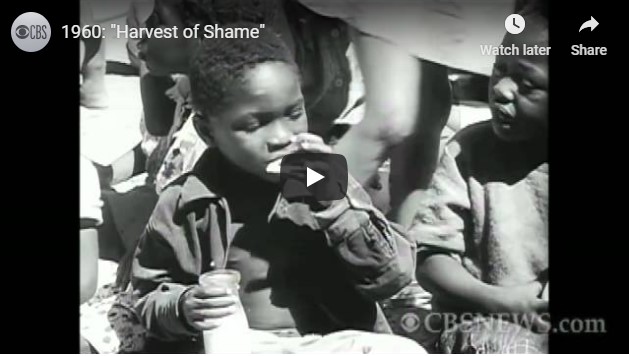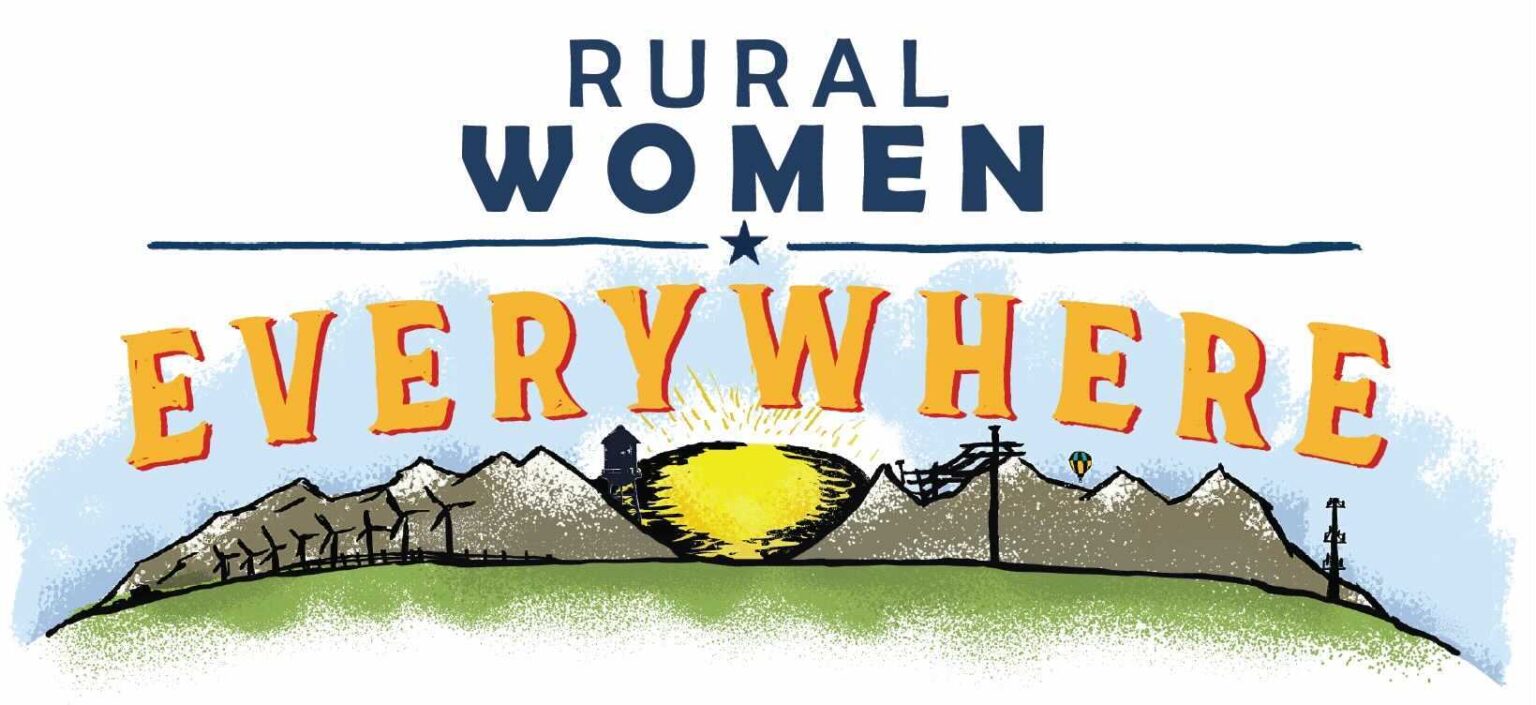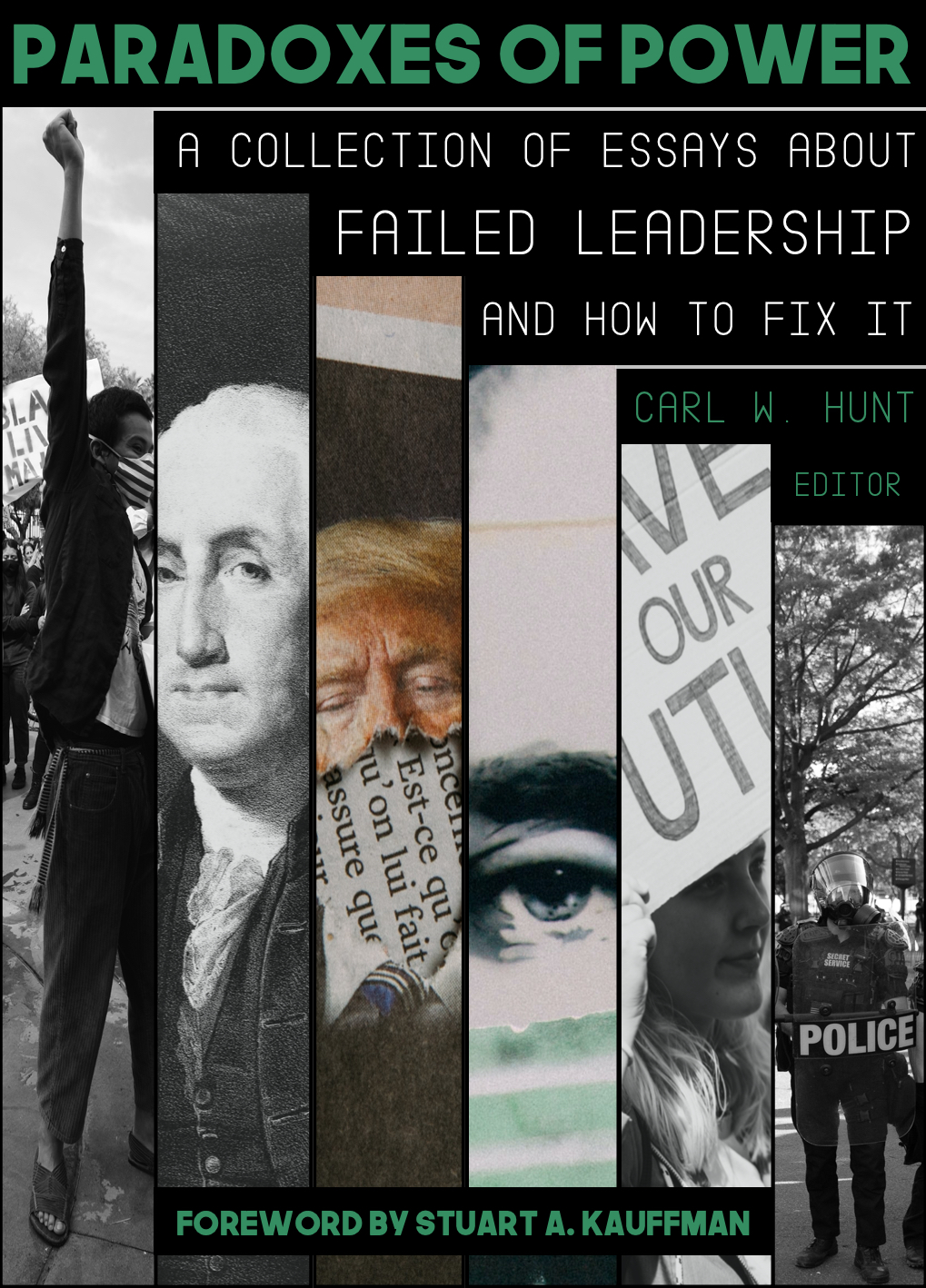This week’s election news out of Kansas was the defeat in the GOP primaries of some of the hardest-line Tea Party Republicans, at both the Congressional and local- and state-legislative level. The most publicized single upset was that of Rep. Tim Huelskamp of Kansas’s First Congressional District, which covers a huge amount of mainly rural territory in the western half of the state. The “Big First” also includes Dodge City and Garden City, which we began writing about last month.
A theme in the local coverage of these election results, which very powerfully matches what we saw there and plan to discuss further, is the contrast between (on the one hand) the harsh, tribal-friction, polarized tone of today’s national politics plus the very conservative policies that Gov. Sam Brownback and his allies have brought to Kansas, and (on the other) the tone of civic, economic, and educational life at the local level in these same places.
When they went to the polls, residents of the First District and the state as a whole voted for Huelskamp, Brownback, and all Republican presidential candidates in the past 80 years except two. (The exceptions were FDR against their own Alf Landon in 1936, then LBJ against Barry Goldwater in 1964.) But in their community life, they passed a significant permanent sales-tax increase for public investments; a largely white electorate voted a significant bond issue for a public school district with mainly minority students; and handled the complexities of multi-ethnic life in a way different, more “we’re in this together” way from what each night’s news might suggest.
That’s for further elaboration in days to come. For now, my purpose is to point out this latest post by my wife Deb Fallows, about how children of migrant laborers are being educated, cared for, and incorporated in this small city in western Kansas. It follows her report last week on how a similar process is underway at Dodge City High School.
This is operating-level America, which is so many places is practical-minded and inclusive in a way that differs starkly from the campaign struggle that will engage the country for the next 96 days. Our main hope for the country is that this real-world practicality and humanity will prevail. Deb’s story tells you more about it, and also has an embedded video of Edward R. Murrow’s famous Harvest of Shame. As a bonus you see it below.
All this is why, even while going crazy during the election, I feel more positive about the country’s prospects than I otherwise might.
The title of this item is obviously an allusion to Thomas Frank’s What’s the Matter With Kansas, about the tension between economic interests there and in other non-super-elite parts of America, and their voting behavior.




